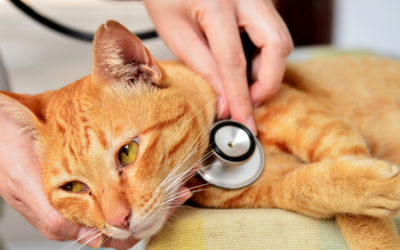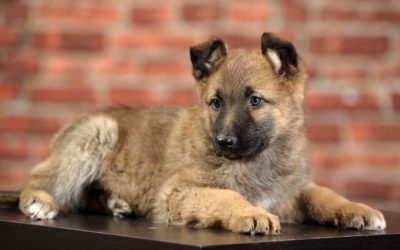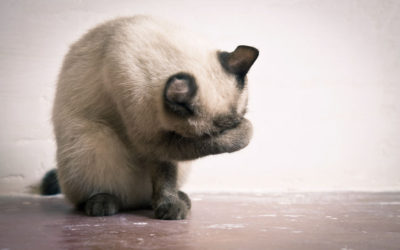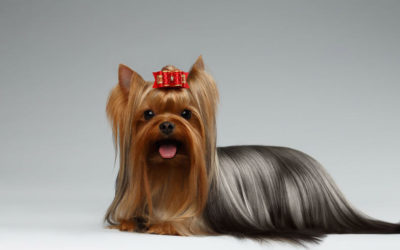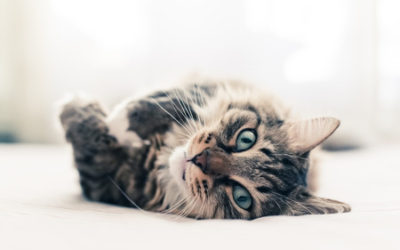Chinchillas as House Pets
Smart, Inquisitive and Loving
These adorable creatures can be a great pet for the right family.
Their life span ranges from 15 to 20 years and they measure approximately 12 inches long and weigh from 1 to 3 pounds.
Chinchillas require gentle and careful handling and so they are not suitable for households with small children. Patience and calm and quiet interaction is need to help you bond with your chinchilla, as they are fast-moving and skittish by nature and typically do not like to be held for long periods of time.
Their fur is dense and very soft, ranging in color from gray white, black, sapphire and violet, as well as variations of these colors.
It is often said that they are hypoallergenic because their thick fur producing little or no dander; however those with severe allergies may still experience reactions. People with severe allergies may be able to tolerate the chinchilla, however their diet, bedding, and other needed supplies may produce an allergic reaction.
Caring for Chinchillas
Chinchillas hail from the Andes Mountains in South America, where the high elevations produce consistently cold weather. They are most active at dawn and dusk, sleeping during the day (crepuscular and nocturnal). In their natural habitats they make their homes by nestling in rock crevices or burrowing underground. They are very active and social creatures, living in colonies numbering in the hundreds.
Enclosure and Habitat
The enclosure should be chew proof and as big as you can accommodate; at least 16” x 20” x 16” for one chinchilla.
Supplies
- Bedding: pelleted or shredded paper
- Food and water: hay rack, food bowl or feeder, and a stoppered water bottle
- Exercise: exercise wheel with a solid floor, hide areas and tunnels
- Grooming: dust bin and dusting powder
- Toys: untreated wood (needed to wear down their ever-growing teeth)
Daily Diet
A pet chinchilla’s daily diet should be bland and dry, consisting primarily of hay-based pellets in addition to loose timothy hay. It is important to avoid alfalfa hay as it can cause liver failure.
Treats of nuts, seeds and fruit should be given sparingly, as they will cause digestive upset, including diarrhea or diabetes.
Sticking to this routine will avoid common diet problems such as bloating and torsion of the stomach, as well as digestive upset that occurs when too much protein or fat is ingested, both of which can lead to sever illness or even death.
Fresh water should be supplied daily; to round out a well-balanced diet, you can provide supplements , such as a salt block (as a mineral supplement) and vitamin C (easily added to a water bottle).
Health and Illness
The long lifespan of Chinchillas and their general frailness makes wellness care very important. Most health problems can be avoided by providing a healthy diet and a clean habitat.
An annual wellness exam is recommended, due to the frailness of these animals.
Common health concerns for chinchillas include:
Teeth
Chinchilla’s teeth grow continuously throughout their lives; if they become overgrown or wear unevenly they can cause painful growth into the soft tissue of the mouth. Providing a healthy diet of hay and safe chew toys are the most effective ways to ensure dental health.
Ear Infections
A common occurrence in chinchillas, ear infections must be treated by a veterinarian; symptoms include head tilt, loss of balance and rubbing the ears.
Heatstroke
Chinchillas quickly overheat in hot weather, which can quickly create a life-threatening situation. It is therefore very important to keep your pet chinchilla in temperatures that do not exceed 80 degrees.
If symptoms of heatstroke occur – rapid breath, drooling, reddened eyes and ear, or lying stretched out, you can submerge him in cool – not cold – water. Once she has recovered, you must quickly towel dry her to prevent fur fungus and rot.
Grooming
Chinchillas natural grooming habit is a dust bath a couple of times a week; the good news is that these creatures perform this grooming, keeping their coat lustrous, healthy and clean.
Watch “Epic Chinchilla Dust Bath” to see a dust bath in action, including adorable slow-motion action!
You don’t need a large area as shown in this video, and you may want a container that has a cover to keep clean-up at a minimum, but you’ll see how chinchillas instinctively know what to do when presented with chinchilla dust. It is important to use dust specifically formulated for chinchillas, to ensure that their skin does not become overdry.
The thickness of chinchilla fur makes water bathing a big no-no; if your chinchilla does get wet they must be quickly and completely dried (never use a hair dryer or apply any type of heat to dry a chinchilla) with a towel to avoid fungus and rot in the fur.
Their thick fur makes them naturally resistant to fleas and other parasites.
The Importance of Wellness Care for Pets
Your pet’s lifespan is relatively short and a lot can happen in a year.
Why Spay or Neuter
A cleaner and calmer pet are just the beginning of the advantages.
Pet Vaccinations
A sensible and easy way to protect your pet from the most common and serious diseases.
Doggy Daycare
The exercise, socialization, and TLC your pal needs while you’re away.
Pet Grooming
Your pet will love our friendly and experienced groomers.
Pet Diagnostics
Our on-site labs give us accurate results quickly and efficiently.

